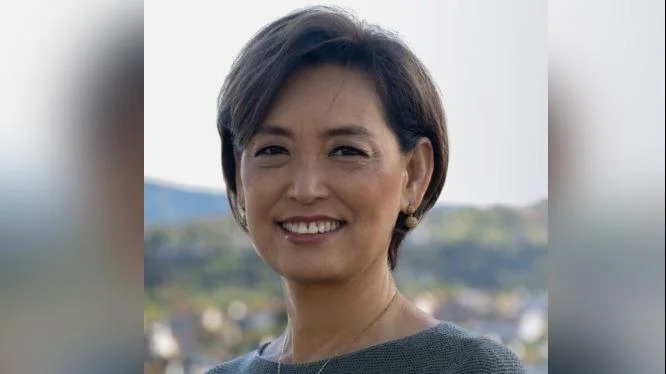U.S. Representative Young Kim, District 40 | Official Website
U.S. Representative Young Kim, District 40 | Official Website
House Foreign Affairs East Asia and Pacific Subcommittee Chairwoman Young Kim (CA-40) addressed a subcommittee hearing on the reauthorization of the U.S. Development Finance Corporation (DFC). The hearing focused on evaluating the DFC's role in American economic and foreign policy.
Kim acknowledged the witnesses present, noting their contribution to the creation of the DFC through the 2018 BUILD Act. The act built upon its predecessor, OPIC, by integrating development finance tools to mobilize private capital more effectively.
She emphasized that despite being a relatively new agency, the DFC has made strides in promoting private sector-led development in emerging markets. This advancement supports U.S. national security interests and strengthens global communities.
Kim highlighted that efficient use of U.S. foreign assistance can significantly impact national security and economic interests while potentially generating profit for taxpayers. She cited that in fiscal year 2023, DFC's revenue exceeded costs by $341 million.
With its seven-year authorization nearing expiration in October, Kim noted that DFC's lending cap stands at $60 billion but has already lent over $49 billion. She stressed the urgency of reauthorization as current deal flow might reach this cap before October.
The subcommittee has an opportunity to shape necessary reforms for ensuring DFC remains agile and aligned with America's national security priorities. Kim criticized the Biden administration's definition of "national security," which she argued led to projects advancing diversity and green agendas rather than strategic interests.
Additionally, she pointed out issues such as underutilization of equity investment tools and restrictions on operations in countries crucial for advancing U.S. security. These concerns need addressing during reauthorization.
Key questions raised included how DFC can better address energy security threats, compete with China's Belt and Road Initiative, and ensure transparent operations yielding measurable outcomes for partners abroad and American taxpayers.
Kim concluded by stressing the importance of equipping DFC to face modern challenges with advanced approaches through modernization and reauthorization efforts. A panel of witnesses was present to provide insights into assessing DFC’s progress, identifying gaps, and charting a future course for maintaining its role in U.S. global leadership.


 Alerts Sign-up
Alerts Sign-up